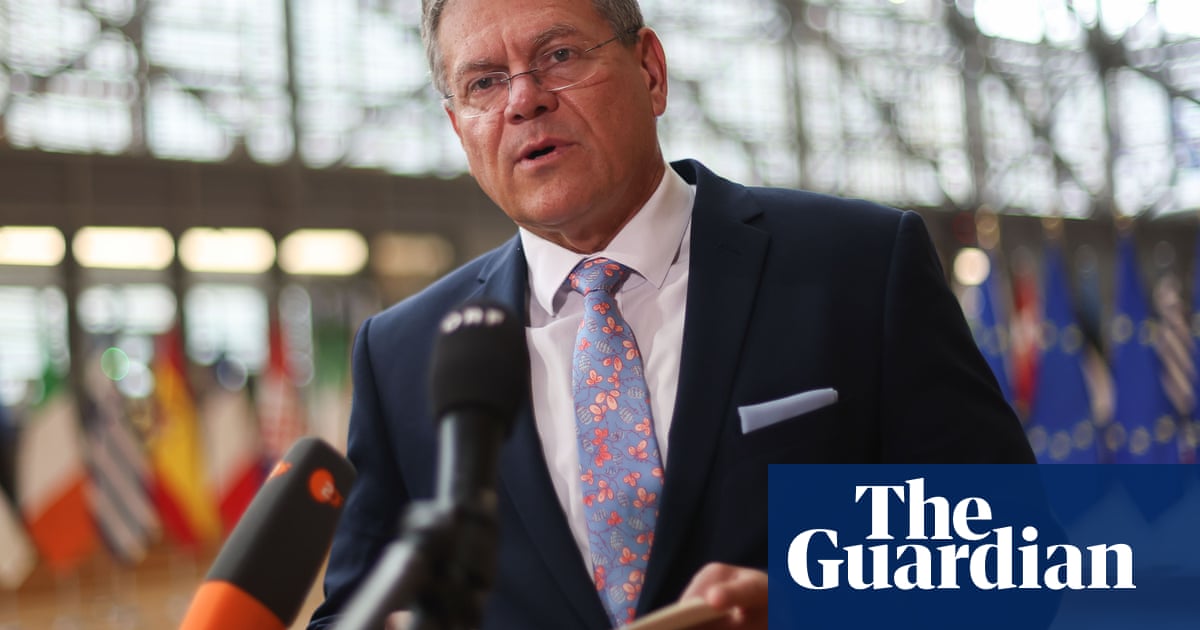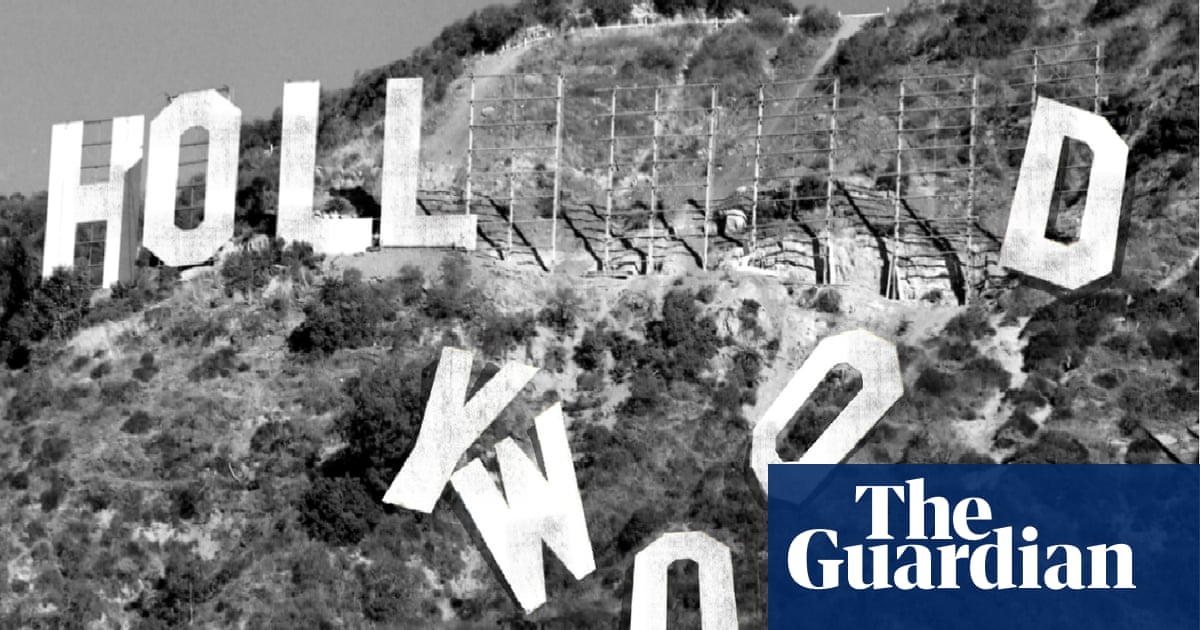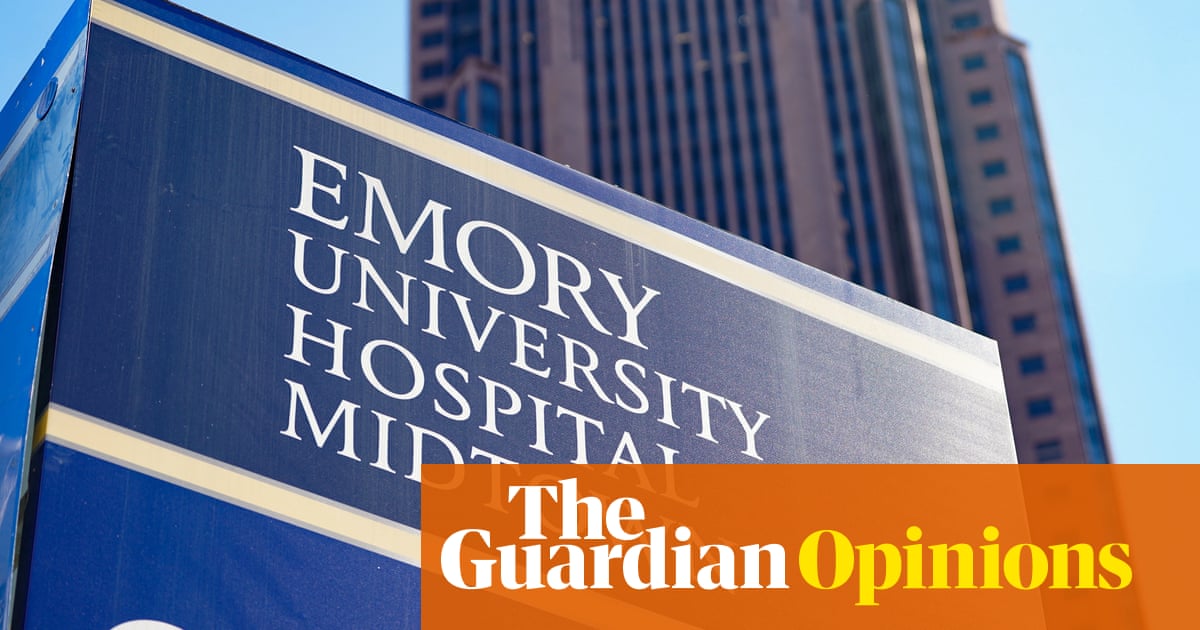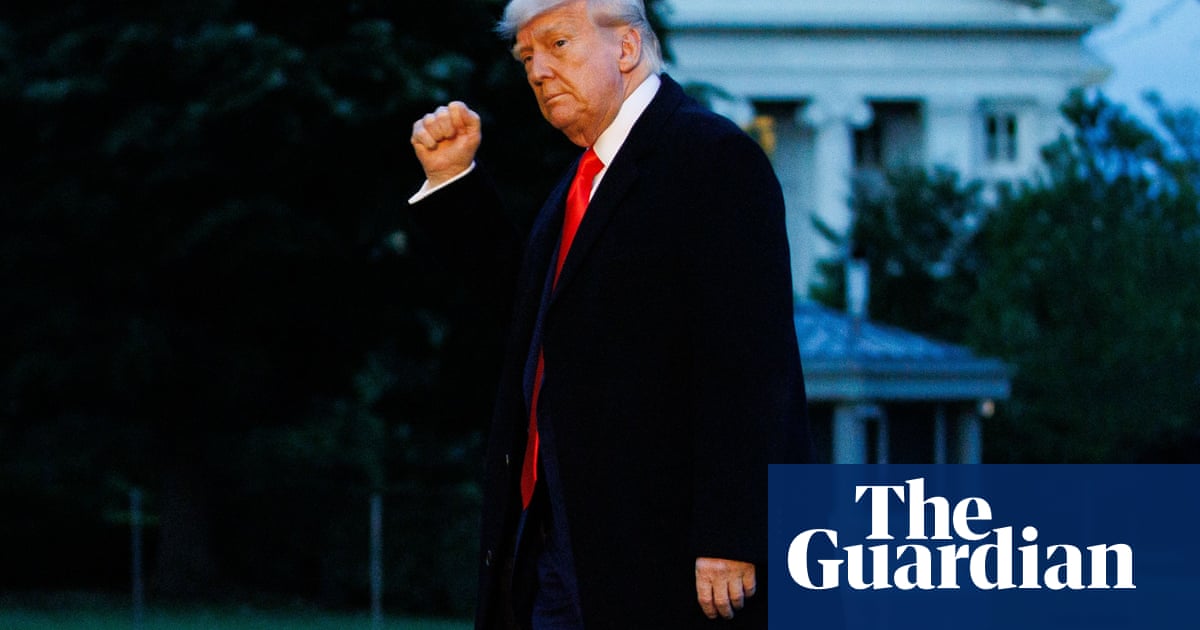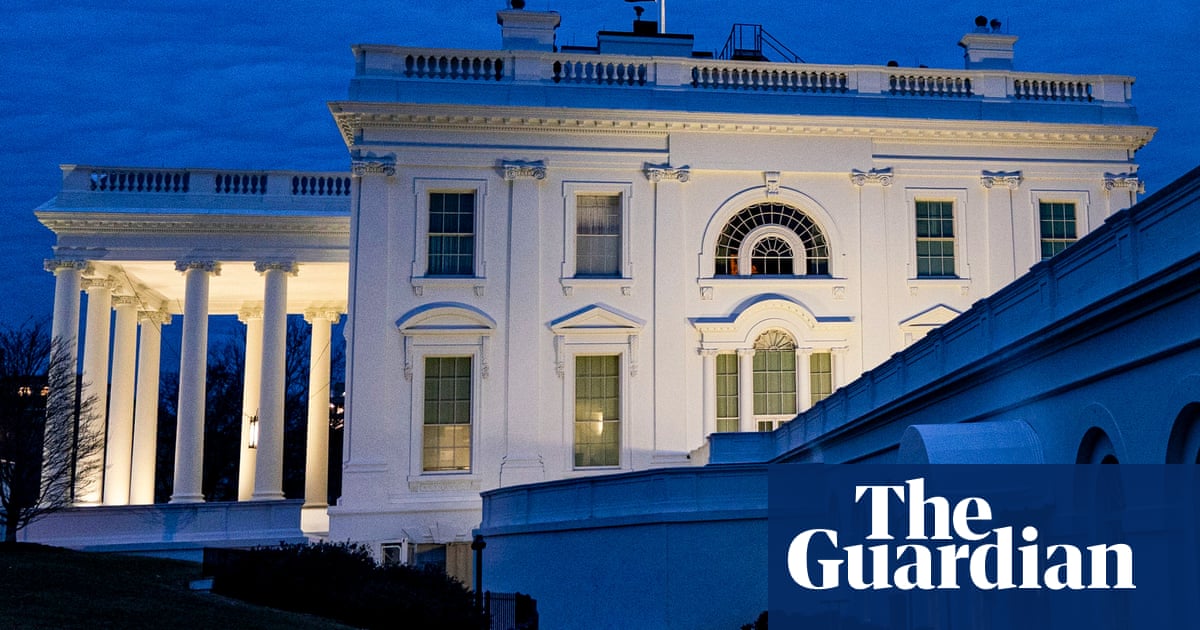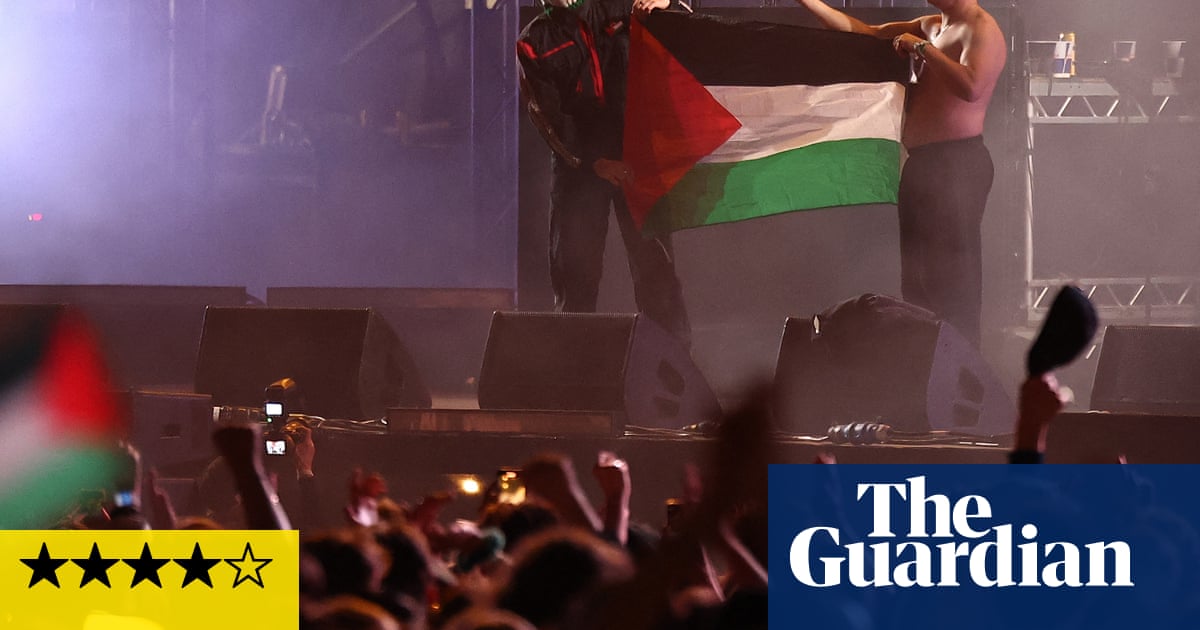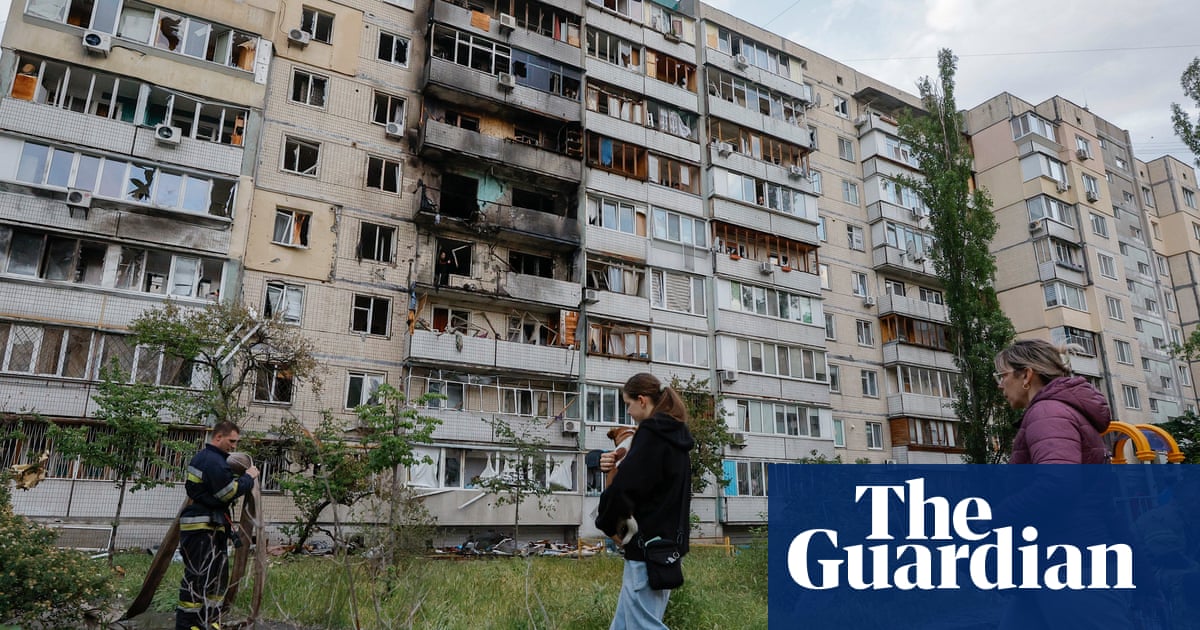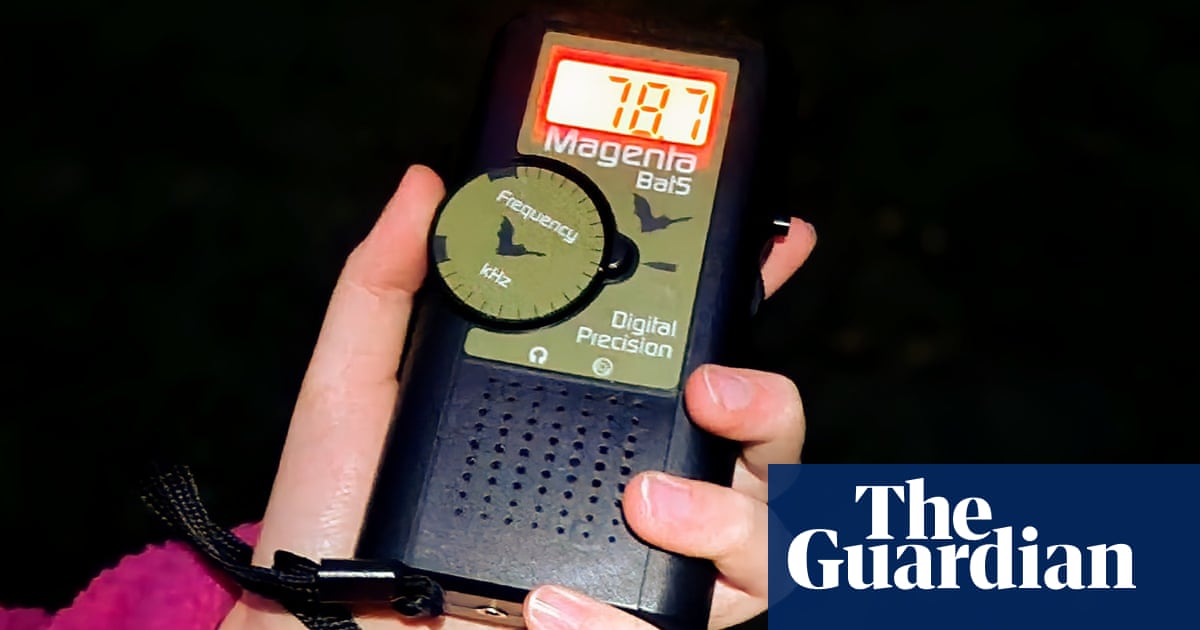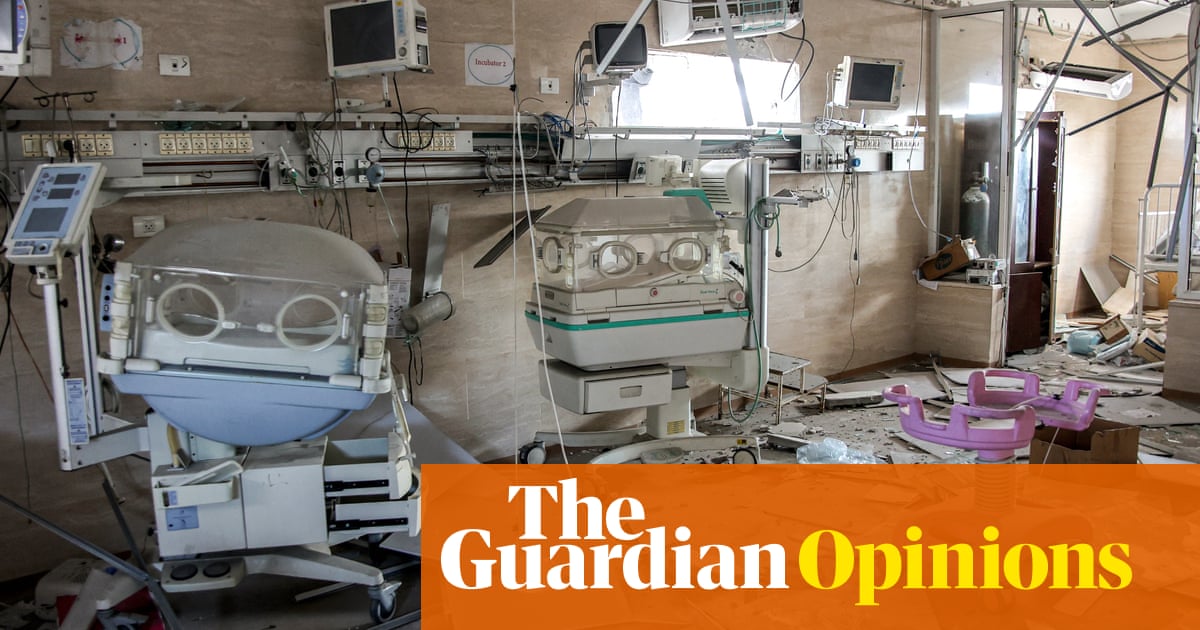For Palestinian Americans in Dearborn, Michigan, like Zaynah Jadallah and her family, displacement and loss have become central elements of her family heritage.
Her family members were teachers in Al-Bireh in what is now the occupied West Bank during the 1948 Nakba, when hundreds of thousands of Palestinians were forced from their homes and land by Zionist paramilitaries, and then the Israeli army, in the war surrounding Israel’s creation.
“They fled the attacks in two cars for Jordan. One of the cars made it, the other was bombed and they were burned alive,” she says.
“None of them survived.”
So when Donald Trump, standing alongside Benjamin Netanyahu, suggested last week that Palestinians in the devastated Gaza Strip leave their homes and that it be turned into a “riviera” for “the people of the world”, comments he has since doubled down on, Jadallah was livid.
“The president of the United States calling for ethnic cleansing and the continued genocide of Palestinians,” she says.
“It’s outrageous.”
For many Palestinian American residents of Dearborn like Jadallah, the responses to the US president’s proposals follow a similar line: defiance, anger, but not much in the way of surprise.
“He has a history of being loyal to the Zionist movement of genocide and colonizing [of the] the Palestinian people,” she says.
“It wasn’t surprising, but it was outrageous.”
A photo on the front cover of the Dearborn-published Arab American News’s 1 February edition portrays thousands of Palestinians walking along a sea front to their destroyed homes in northern Gaza. The caption reads: “The Great March of Return”.
“Gaza’s history is one of both pain and pride,” reads the newspaper’s lead article on the topic.
It continues: “It stretches back to ancient civilizations and includes great resistance against invasion, such as the three-month siege by Alexander the Great and his Macedonian army in 332 BCE.”
Trump’s announcement upended decades of international consensus and threatened fragile talks to extend a delicate ceasefire in Gaza. It was met with glee by much of the Israeli prime minister’s ruling coalition and other far-right elements in Israel.
More than half of Dearborn’s 110,000 residents are of Arab heritage, making it home to one of the largest Arab communities outside the Middle East. Many Palestinian American residents have lost family members during Israel’s onslaught on the Gaza Strip, which killed more than 46,000 people.
“Nobody is really shocked. Everybody is disgusted,” says Amer Zahr, a Palestinian American comedian and activist whose family was displaced from Nazareth, Jaffa and Akka (Acre) during the Nakba.
“I’m really angry at the notion that we’re talking about the thing that Trump said on Tuesday like it’s new or novel or unique. It is not,” he says.
“It is the policy of Israel to ethnically cleanse Palestinians, and that policy has been fully supported and funded by the United States.”
He also finds that it’s only when Trump makes such comments that liberals and the Democratic party “finally reject the notion of the ethnic cleansing of Palestinians”.
“I guess it has a different ring to it when Trump says it.”
Trump won more votes in November’s presidential election in Dearborn than the Democratic party’s Kamala Harris or Green party candidate Jill Stein, the first time a Republican party candidate won the city in 24 years.
While Harris declined to campaign in Dearborn, Trump had lunch at the Great Commoner, a café owned by an Arab American businessperson, just days before the election.
“A lot of people [in Dearborn] voted for him secretly,” Zahr says. “They are the ones who have gone silent now.” Zahr voted for Stein.
But some are doubling down on their support, not inclined to take Trump’s words at face value. Bishara Bahbah, a Palestinian American born and raised in Jerusalem, campaigned extensively in Michigan and other swing states through the group formerly called Arab Americans for Trump. (The group changed its name last week to Arab Americans for Peace.) He says Trump’s comments were just a “testing of the waters”.
“I think the president threw out this idea as a trial balloon. There can never be a displacement of Palestinians from their homeland. It’s counterproductive,” he says.
While members of his family were forced to flee Jerusalem during the Nakba in 1948, and he himself has since been banned from living in the city of his birth, Bahbah continues to believe peace in the Middle East is Trump’s main goal.
“I know the president wants a legacy of peace and wants to be known as a peacemaker. For him to do that, the only path is a two-state solution which he told me he would support.”
He says he has faced a backlash for supporting Trump that has included “messages on X that could be interpreted as death threats”, but that he’s been told by Trump’s advisers that Trump did not mean to suggest that Palestinians in Gaza be forcibly removed from their homes and land.
“I believe that the president will come to the conclusion that what he said publicly is just not workable,” he says. He says the rebrand of his group to Arab Americans for Peace, announced hours after Trump’s comments, had been in the works for months.
For Jadallah, Trump’s alleged plans for Israel to turn over the Gaza Strip to the US are an obvious contradiction to what he campaigned for president on.
“It really shows his intention to serve a foreign government before the American people, right?” she says.
“Because if he wants an America first agenda, he would talk about how we can spend our hard-earned tax dollars to improve our healthcare systems and our schools.”
She says the resilience Palestinians in Gaza have shown following 15 months of bombardments and continued displacement lead her to believe that it’s highly unlikely that Trump’s plan to remove people from Gaza would succeed.
“They’ve endured genocide, hunger, been displaced multiple times from the north to the south,” she says.
“There’s still 2 million people residing in Gaza and they’ve told us that they don’t want to leave because they are the rightful owners of the land.”

.png) 3 months ago
38
3 months ago
38

